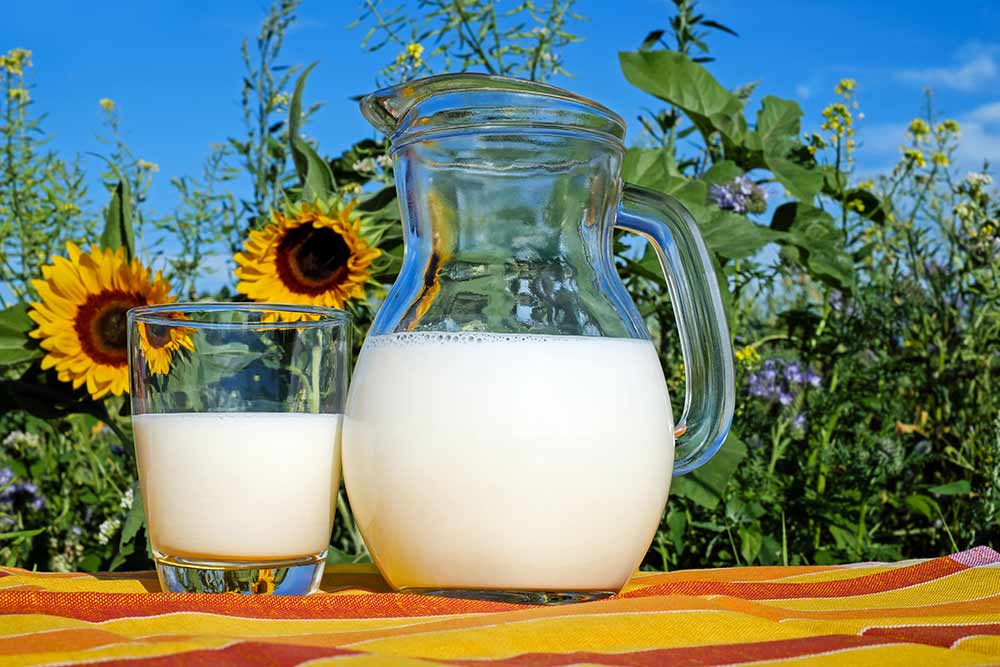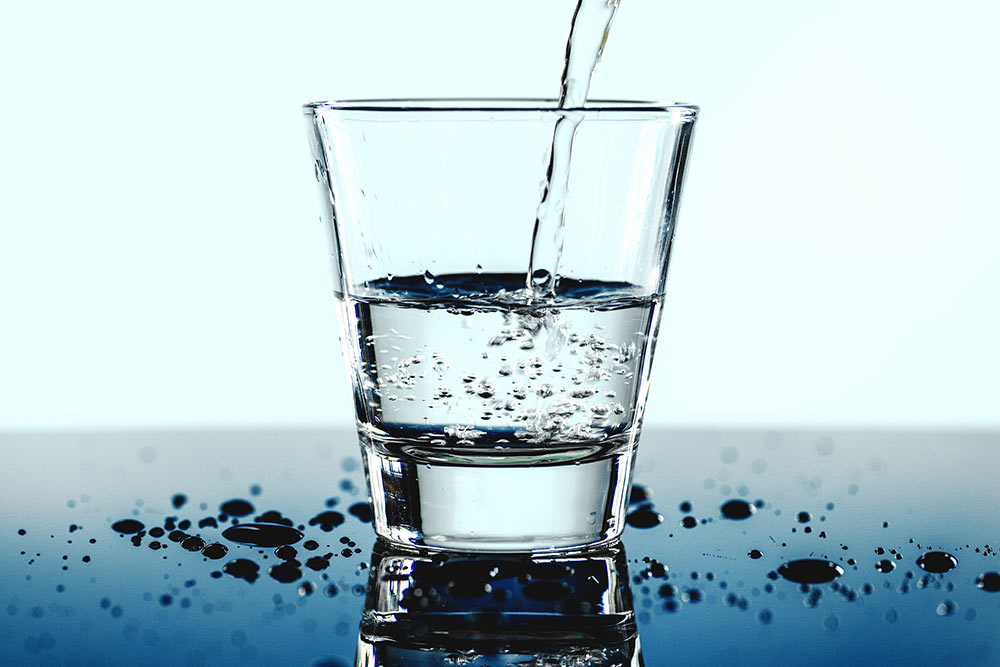Are Plant-Based Protein Drinks Effective for Exercise Recovery?

Dayton Kelly
This article was adapted from a combination of speeches given at the European Sports Science Conference 2018, most notably Meghan Brown (UNIVERSITY OF GLOUCESTERSHIRE, UNITED KINGDOM).
Protein supplementation has been repeatedly demonstrated to speed and enhance muscle tissue recovery. This has important implications in preserving muscle mass in elderly  individuals as well as optimizing training of elite performers. Studies demonstrating these beneficial effects of protein supplementation have focused almost exclusively on the more common, animal-based protein supplements. This ignores a huge number of vegan and vegetarian athletes who may opt to take plant-based varieties instead. Such plant-based derivatives are known to contain different amino acid profiles and require mixtures of different plant sources to achieve the more balanced amino acid profiles seen in animal-based products. Further, individuals restricting meat consumption tend to have more difficulty achieving adequate protein intake, suggesting these plant-based products may be particularly important to their training.
individuals as well as optimizing training of elite performers. Studies demonstrating these beneficial effects of protein supplementation have focused almost exclusively on the more common, animal-based protein supplements. This ignores a huge number of vegan and vegetarian athletes who may opt to take plant-based varieties instead. Such plant-based derivatives are known to contain different amino acid profiles and require mixtures of different plant sources to achieve the more balanced amino acid profiles seen in animal-based products. Further, individuals restricting meat consumption tend to have more difficulty achieving adequate protein intake, suggesting these plant-based products may be particularly important to their training.
Related Article: Which type of Protein Provides the Best Workout Recovery?
How does plant-based protein stand up against animal-based varieties?
In a recent study conducting by researchers at the University of Gloucestershire, 18 adult males were recruited to perform a hit intensity training protocol before ingestion of either a plant- or animal-based protein drink. Exercise consisted of 5 brief sprints and 30 weighted drop jumps, which was repeated 3 times before consumption of the protein beverage. Measurement of blood markers of muscle damage and ratings of soreness demonstrated individuals consuming the plant-based drink did not differ significantly from those consuming the animal-based product on either of these measures 4, 24, 48 or 72 hours post-exercise relative to their baseline values. Further performance on a squat jump task at any of these time points following exercise did not differ between groups relative to baseline.
What does this mean?
While this is only one study, it suggests that plant-based protein drinks should offer similar effects on recovery as more conventional animal-based products. Individuals seeking to remove animal-based foods from their diets should not be concerned for the reduced efficacy of their plant-based product. It is important to note that in some cases, the plant-based group did approach significantly worse values and it may be important to watch out for future investigations probing differences between these two products. There is at present, however, no reason to suggest the superiority of one product over the other.
You Might Like:
















